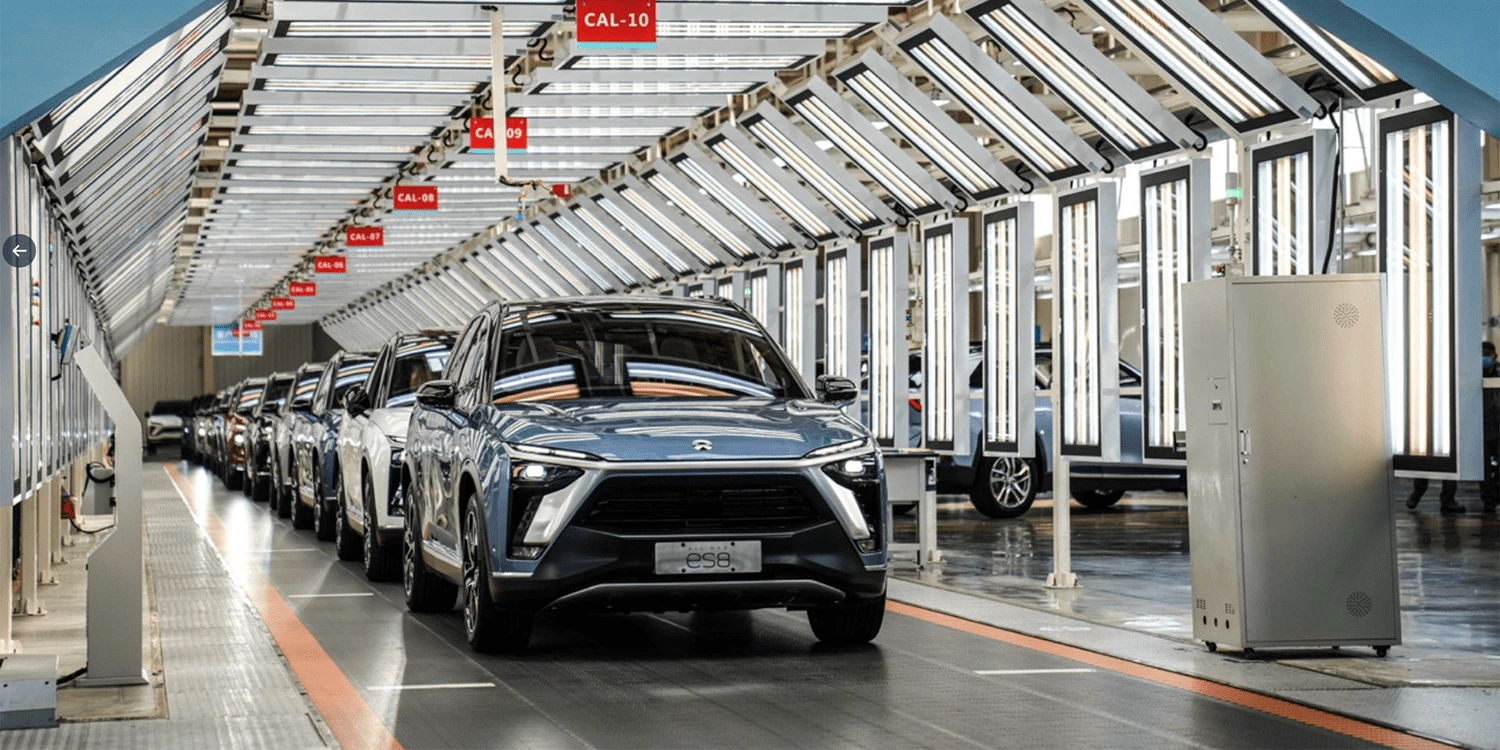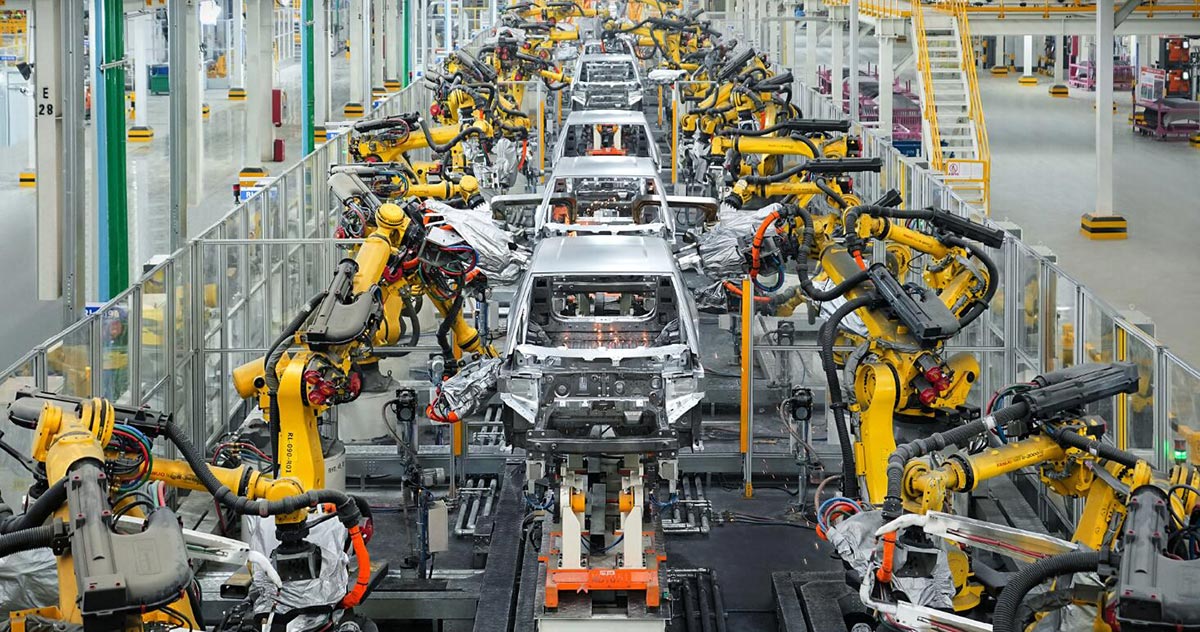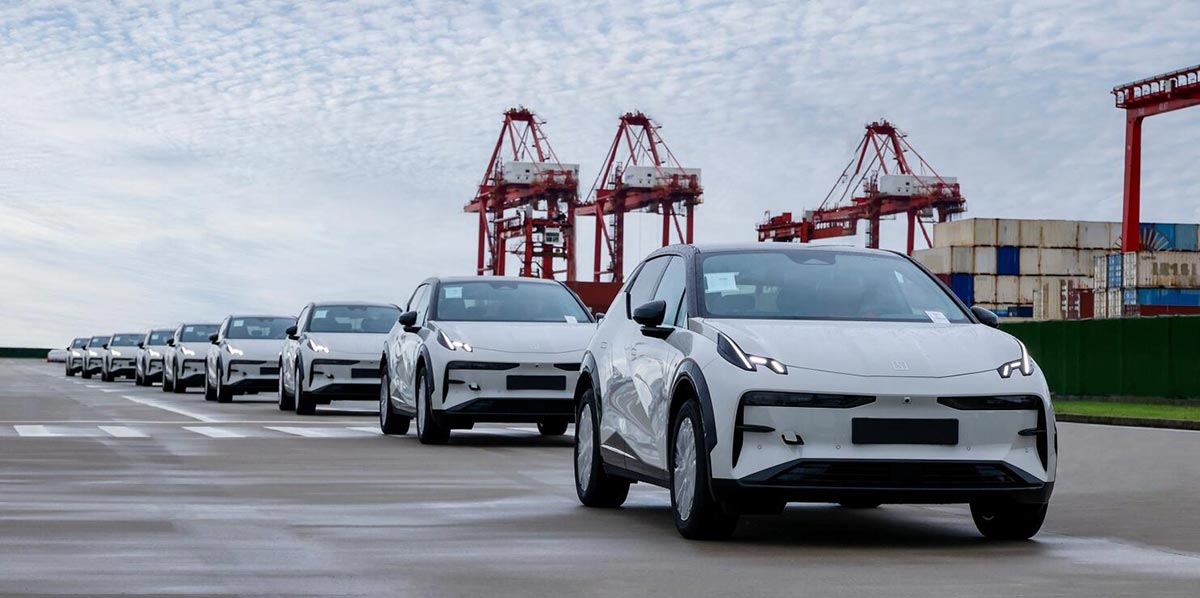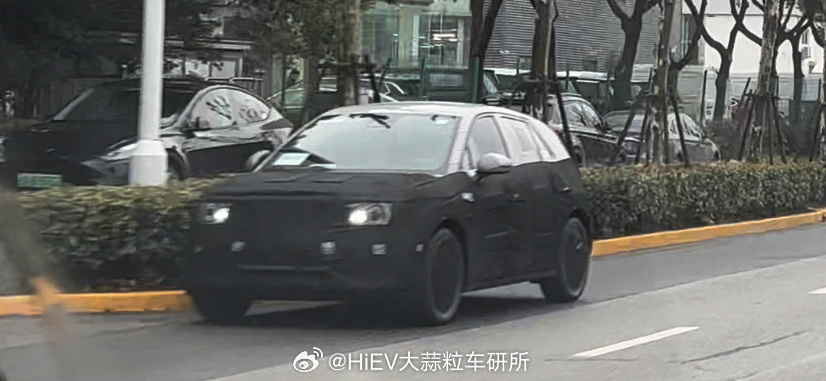Chinese executives have been meeting with top Malaysian officials to seek assurances that they can avoid U.S. tariffs if they relocate their battery, medical devices, and semiconductor manufacturing to Malaysia, the Financial Times reported on Tuesday.
The companies have requested Malaysian ministers and senior government officials to lobby against the U.S. imposing tariffs on products made or assembled in Malaysia by Chinese groups, according to three people familiar with the matter.
See also: U.S. Special Tariffs on Chinese EVs Set to Take Effect in August 2024
These efforts follow the Biden administration’s announcement last month of significant tariff increases on a range of Chinese imports, including electric vehicle (EV) batteries, computer chips, and medical products. Some of these tariff hikes are set to take effect on August 1.
The Malaysian Prime Minister’s office and the trade ministry did not immediately respond to a Reuters request for comment.
As the United States has intensified efforts to reduce trade with China by increasing tariffs, imports from Southeast Asian countries like Vietnam, which relies heavily on Chinese input for its exports, have surged.
See also: US Increases Tariffs on Chinese Electric Vehicles and Batteries, Fueling Trade Tensions
Chinese companies, such as solar panel maker Trina Solar (688599.SS), have been enhancing their manufacturing facilities in Vietnam and Thailand, which are not subject to the same duties, in an effort to circumvent the steep tariffs.
This shift has led to increased foreign investment from China in these regions, but there remains uncertainty over whether the Biden administration will introduce new tariffs on Chinese-made goods produced in Southeast Asia.







